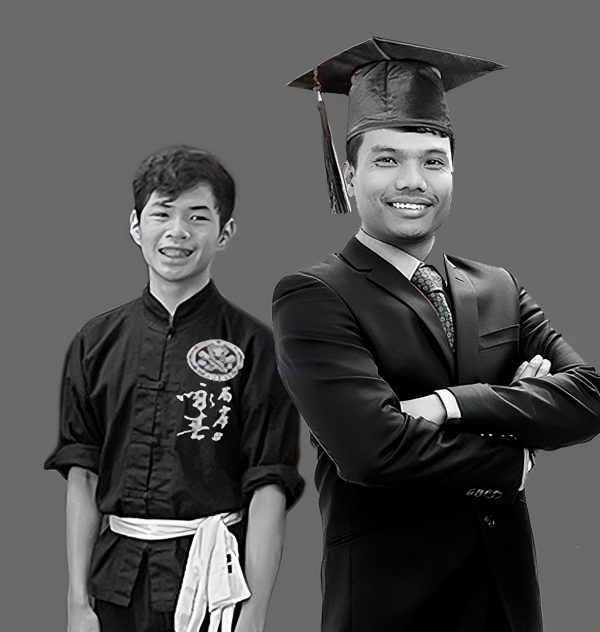The Positive Effects of Martial Arts on Scholastic Achievement
In today’s fast-paced educational environment, parents and educators are constantly searching for ways to optimize academic success. While traditional methods like tutoring and study groups are well-known, one often overlooked avenue for academic improvement lies within the world of martial arts. Beyond its physical benefits, martial arts can have a profound impact on cognitive development, discipline, and overall well-being, leading to improved academic performance. In this blog, we will delve into the positive effects that martial arts can have on scholastic achievement.
1. Improved Focus and Concentration
Martial arts training requires a high level of concentration and focus. From mastering complex techniques to understanding opponent movements, practitioners develop the ability to concentrate deeply. This heightened focus can seamlessly translate to the classroom, where improved attention spans can lead to a better grasp of subjects, enhanced note-taking, and efficient time management. As students learn to channel their concentration during training sessions, they sharpen their ability to apply the same level of dedication to academic pursuits.
2. Discipline and Time Management
Consistency and discipline are fundamental principles of martial arts training. The rigorous routines, adherence to techniques, and incremental progress mirror the commitment required to excel in academics. Through martial arts, students learn the importance of setting goals, adhering to schedules, and pushing beyond their comfort zones. These qualities not only cultivate a strong work ethic but also instill effective time management skills that can be invaluable when juggling school assignments, projects, and exams.
3. Stress Reduction and Mental Well-being
The demands of academics can sometimes lead to heightened stress levels among students. Martial arts provide an effective outlet for stress release. Engaging in physical activity stimulates the release of endorphins, which promote feelings of happiness and well-being. Moreover, the meditative aspects of martial arts, such as controlled breathing and mindfulness, aid in stress reduction and relaxation. A calm and focused mind can significantly enhance cognitive functions, making it easier for students to comprehend complex concepts and problem-solving.
4. Boosted Self-Confidence
Martial arts is a journey of continuous self-improvement, fostering a sense of accomplishment with each milestone achieved. As students progress through different belt levels or master new techniques, their self-confidence receives a significant boost. This newfound confidence can spill over into academic pursuits, encouraging students to approach challenges with a positive mindset. Believing in one’s capabilities can lead to improved performance and a willingness to tackle difficult subjects head-on.
5. Improved Physical Health and Cognitive Function
Physical well-being and mental acuity are closely linked. Engaging in regular physical activity, as is the case with martial arts, promotes increased blood flow to the brain and the release of growth factors that support brain health. Studies have shown that exercise improves memory, cognitive flexibility, and overall cognitive function. By participating in martial arts, students can reap the benefits of both physical fitness and mental agility, ultimately enhancing their ability to grasp and retain academic information.
In conclusion, the positive effects of martial arts on scholastic achievement are multifaceted and profound. From honing focus and discipline to reducing stress and boosting confidence, martial arts offers a holistic approach to enhancing cognitive and academic abilities. Integrating martial arts into a student’s routine can provide a unique and effective way to cultivate the skills necessary for success both inside and outside the classroom. So, if you’re looking to give your academic journey an extra edge, consider stepping onto the mat and embarking on a martial arts adventure.




